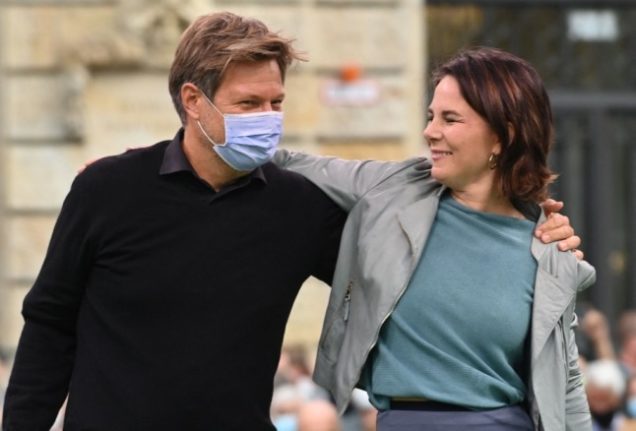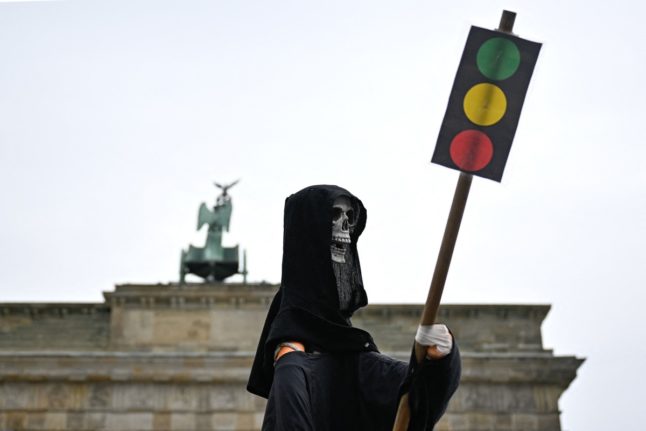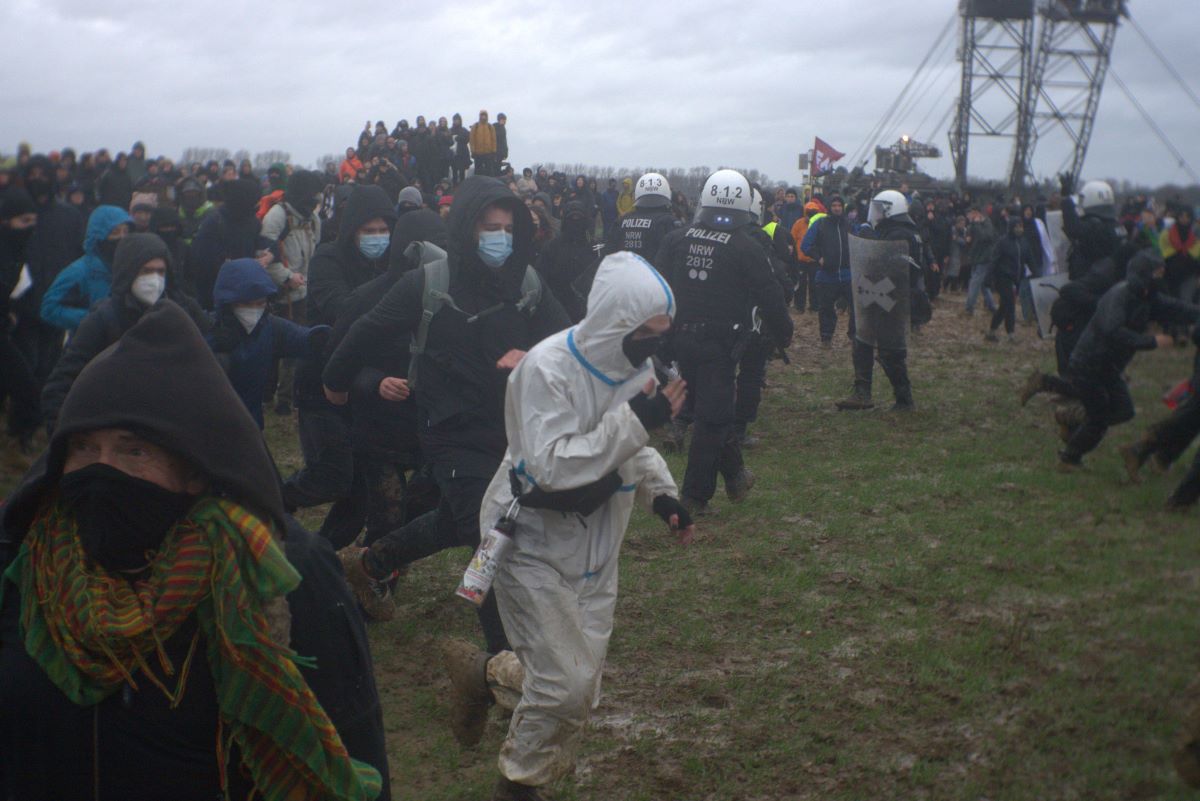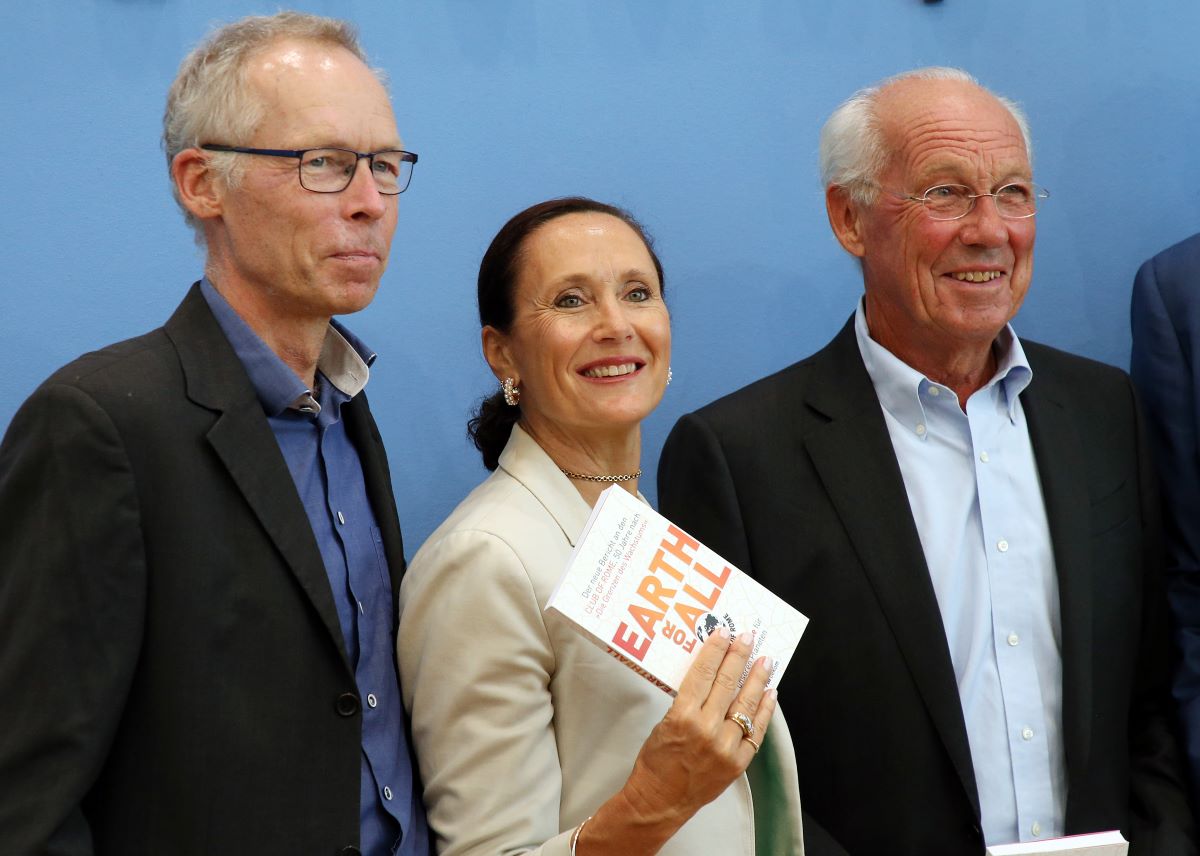After launching their campaign for Sunday’s general election in the spring with a youthful, energetic candidate in Annalena Baerbock, the sky seemed to be the limit — perhaps even taking the chancellery.
But although Germany has never seen an election campaign so focused on the climate crisis, the party looks set to turn in a third-place finish behind the centre-left Social Democrats and the outgoing Merkel’s conservative Christian Democrats.
Baerbock, 40, has proved popular with young voters and her party may end up nearly doubling its 8.9 percent score from four years ago to play a key kingmaker role in the coalition haggling to form a government.

A fateful series of missteps by Baerbock as well as a perhaps more tepid appetite for change among Germans than first hoped saw the Greens’ initial lead fizzle by early summer.
It never recovered.
“It was a historic chance for the Greens,” Der Spiegel wrote in a recent cover story on Baerbock’s “catastrophic mistakes”.
“The Greens stand like no other party for the big issue of our time but that doesn’t begin to ensure that they win majorities. They need a broader base.”
‘Shameless and complacent’
Baerbock captured the imagination of Germans when she announced her candidacy in April, and her promise of a fresh start after 16 years of Merkel rocketed the party to the top of the polls.
“No, I was never chancellor and never a minister,” she said at the time. “I am running for renewal — others stand for the status quo.”
But by this week, even her co-party leader Robert Habeck admitted that the Greens had been forced to set their sights lower.
“The distance to the chancellery has grown quite large of course,” he told the daily Die Welt.
“We saw that our political rivals didn’t have much interest in change and kept saying ‘Yes, yes, climate protection is nice but it shouldn’t be too expensive’. Without recognising that not protecting the climate is the most expensive answer.”
He said the Greens’ rivals “want to continue the Merkel era in the campaign, as shameless and complacent as possible”.

‘Linked to dark times’
Critics sought to portray the Greens as a “prohibition party” that would lead to rises in petrol, electricity and air ticket prices.
The party has advocated stopping coal energy by 2030 instead of the current 2038, and wants production of combustion engine cars to end from the same year.
While Germans pay lip service to climate protection, a recent poll for the independent Allensbach Institute found 55 percent oppose paying more to ensure it.
“The Germans have decades of prosperity and growth behind them — there were hardly limits and that burned its way deep into the public consciousness,” Spiegel said.
“Doing without is linked to dark times — triggering memories among the very old of (wartime) turnip soup and alienation among the young used to having more and more to choose from.”
On the other hand, climate activists, who rallied in their hundreds of thousands across Germany on Friday, say even the Greens’ ambitious programme would fall short in heading off climate-linked disasters in the coming decades.
READ ALSO: Greta Thunberg joins climate strikes before vote ‘of a century’
Meanwhile Baerbock’s relative inexperience was laid bare under the hot campaign spotlight.
“She overestimated her abilities and then she doubted herself — not a good combination,” Ursula Muench, director of the Academy for Political Education near Munich, told AFP.
“She should have been more patient and waited until next time.”
Despite the sobering campaign, the Greens nevertheless look well-placed to make the most of a junior role, under either Olaf Scholz or Armin Laschet, UniCredit chief economist Erik Fossing Nielsen said.
“Either way, as far as I can judge, the Greens will get a very large part of their policies into the next coalition, and will become powerful in the next government,” he said.
READ ALSO:





 Please whitelist us to continue reading.
Please whitelist us to continue reading.
Member comments